Cooking Uses
In cooking, turmeric is a key ingredient in many South Asian dishes, especially curries, where it imparts its characteristic yellow color and earthy flavor. It is also used as a coloring agent in mustard, butter, and cheeses.
Medicinal Uses
Turmeric has been a cornerstone in Ayurvedic and traditional Chinese medicine. It is used to treat a wide range of ailments, including digestive issues, skin conditions, and inflammatory diseases. The primary active component of turmeric, curcumin, is known for its anti-inflammatory and antioxidant properties, which contribute to its medicinal benefits.
Health Benefits
Modern research has confirmed several health benefits of turmeric:
• Anti-inflammatory: Curcumin can help reduce inflammation, making it beneficial for conditions like arthritis.
• Antioxidant: It neutralizes free radicals and boosts the body’s own antioxidant enzymes.
• Antimicrobial: Turmeric has properties that can inhibit the growth of bacteria, viruses, and fungi.
• Potential therapeutic uses: Ongoing research is exploring its effects on heart disease, cancer, diabetes, and neurodegenerative diseases.
Safety and Precautions
While turmeric is generally safe for most people, excessive consumption or high doses of supplements can cause gastrointestinal issues or interact with certain medications. It is advisable to consult a healthcare provider before starting any new supplement regimen.
In summary, turmeric is a versatile spice renowned for its culinary and medicinal uses, supported by both traditional knowledge and modern scientific research.

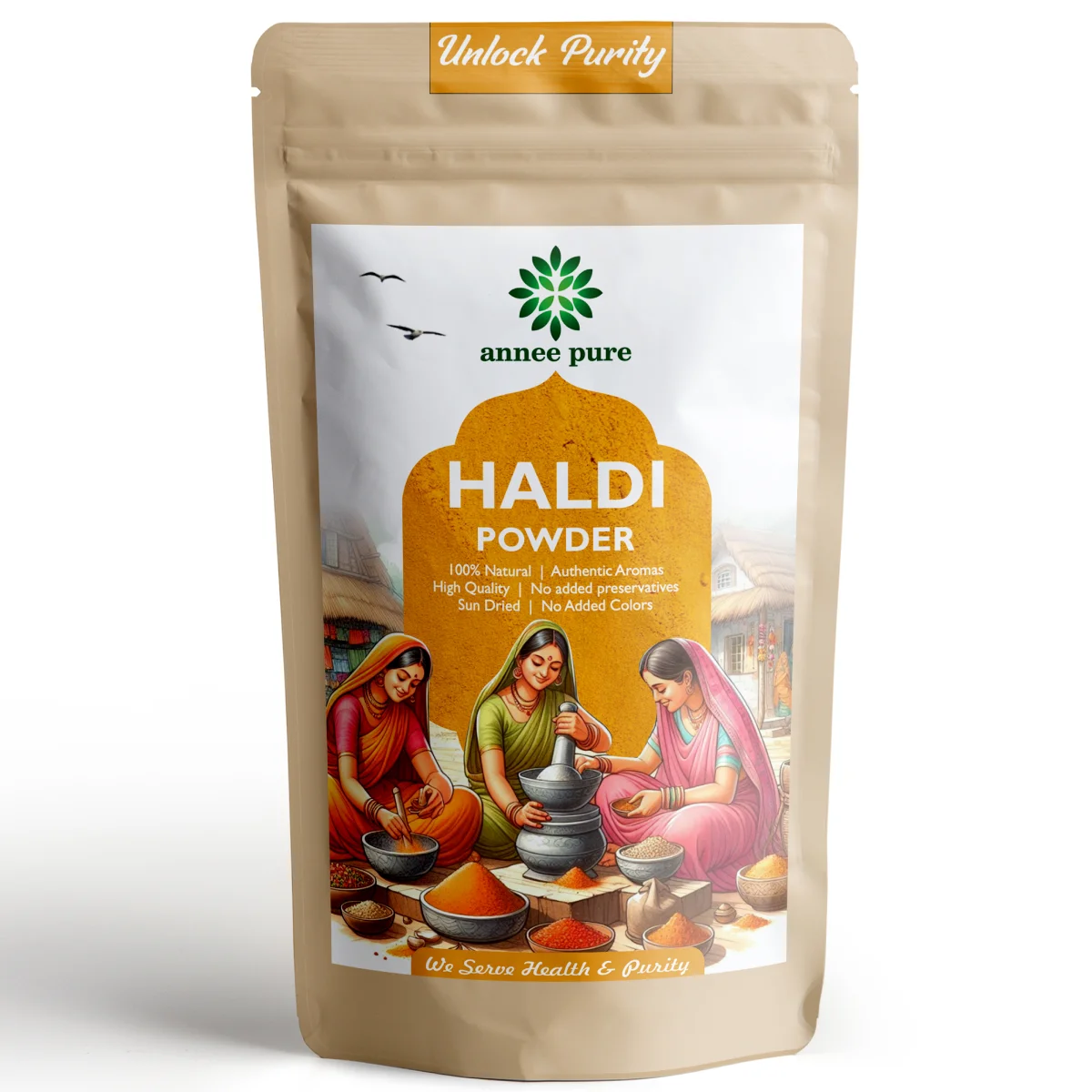
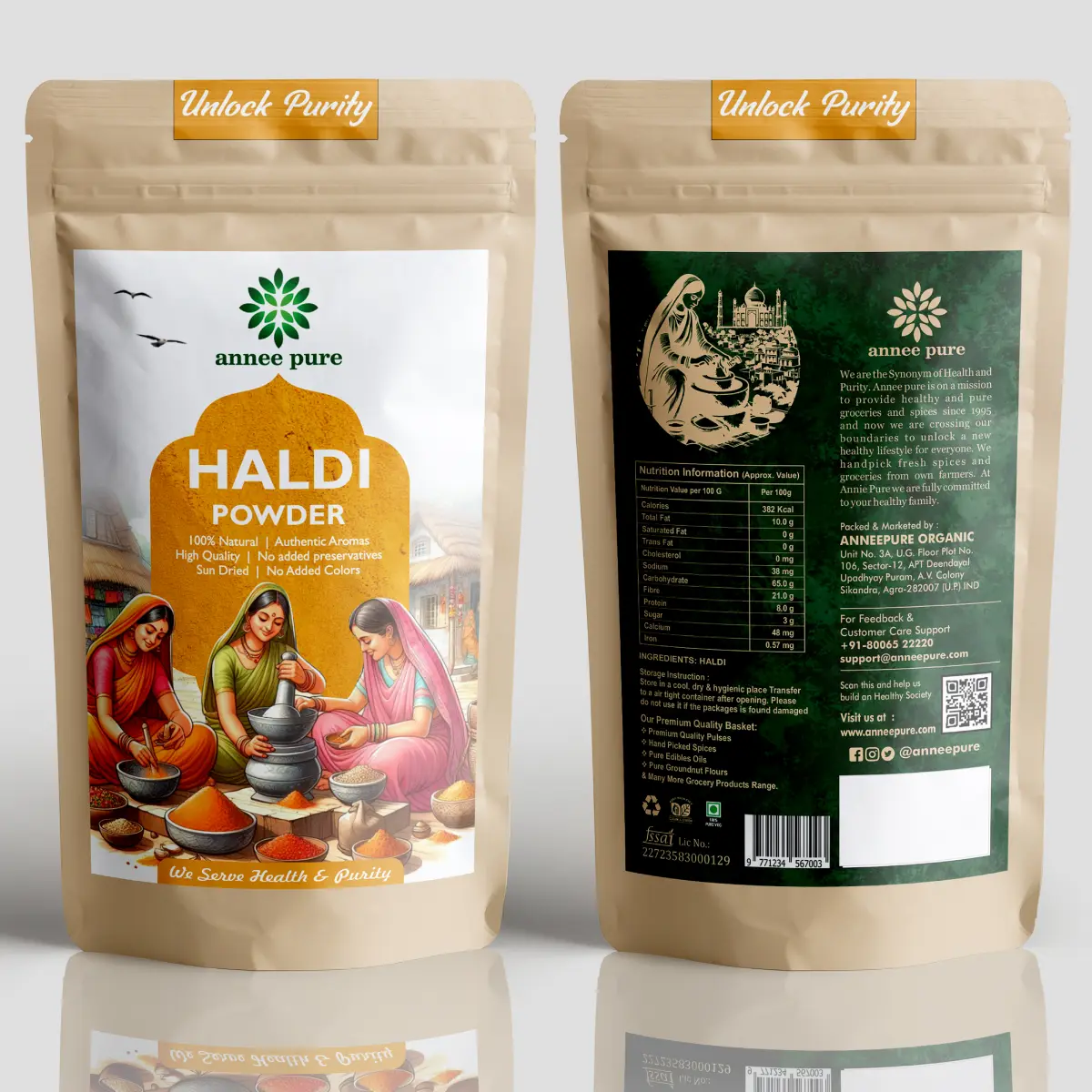



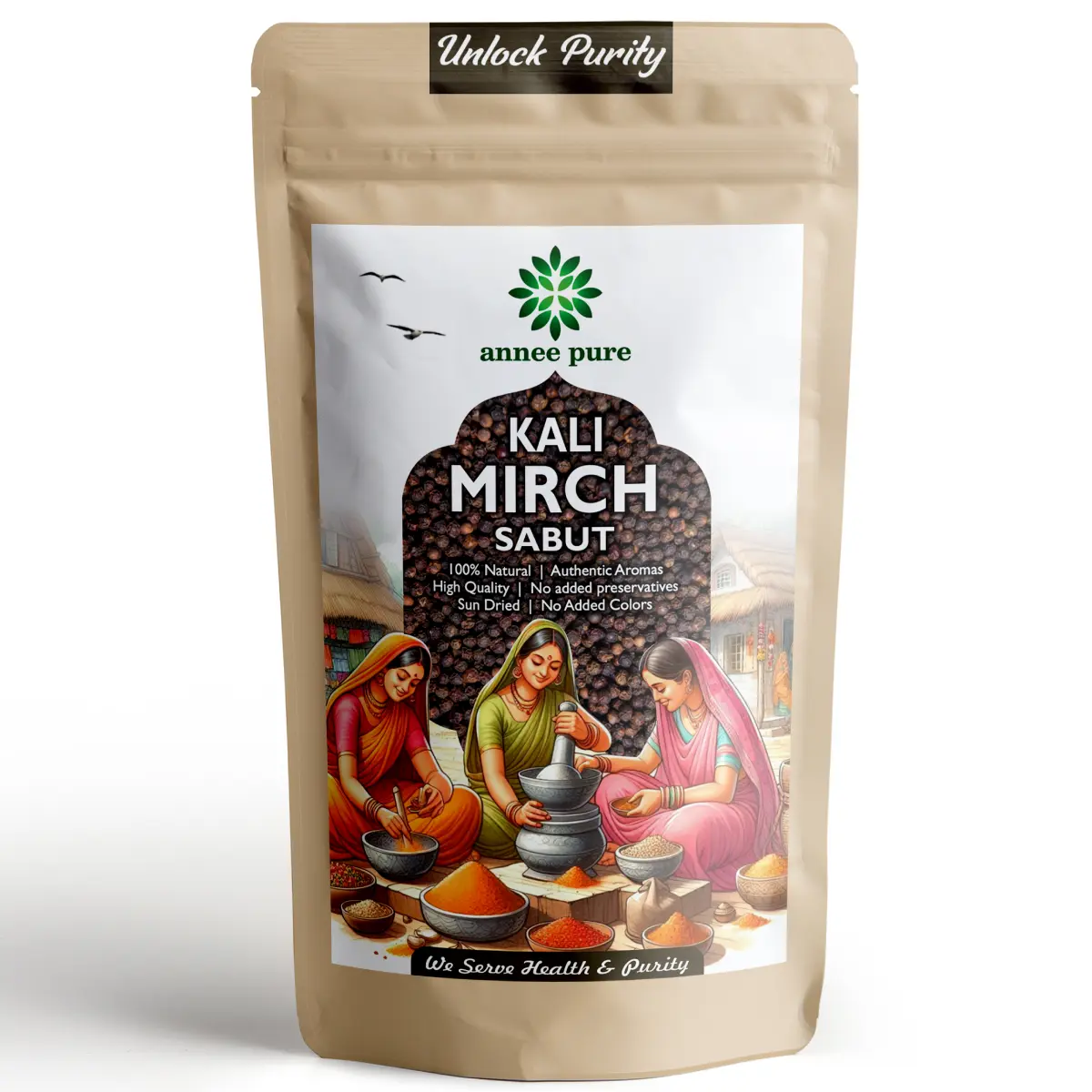
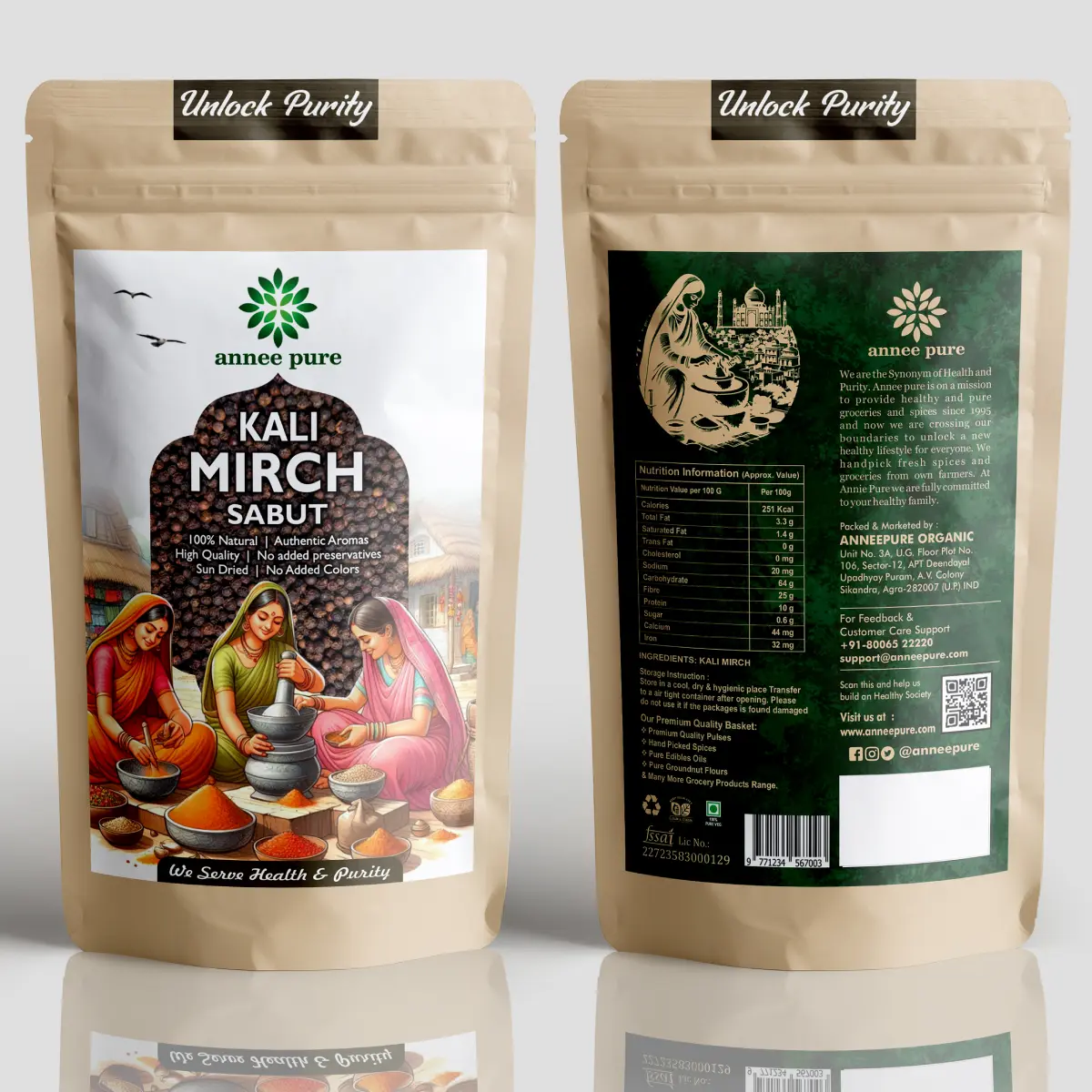
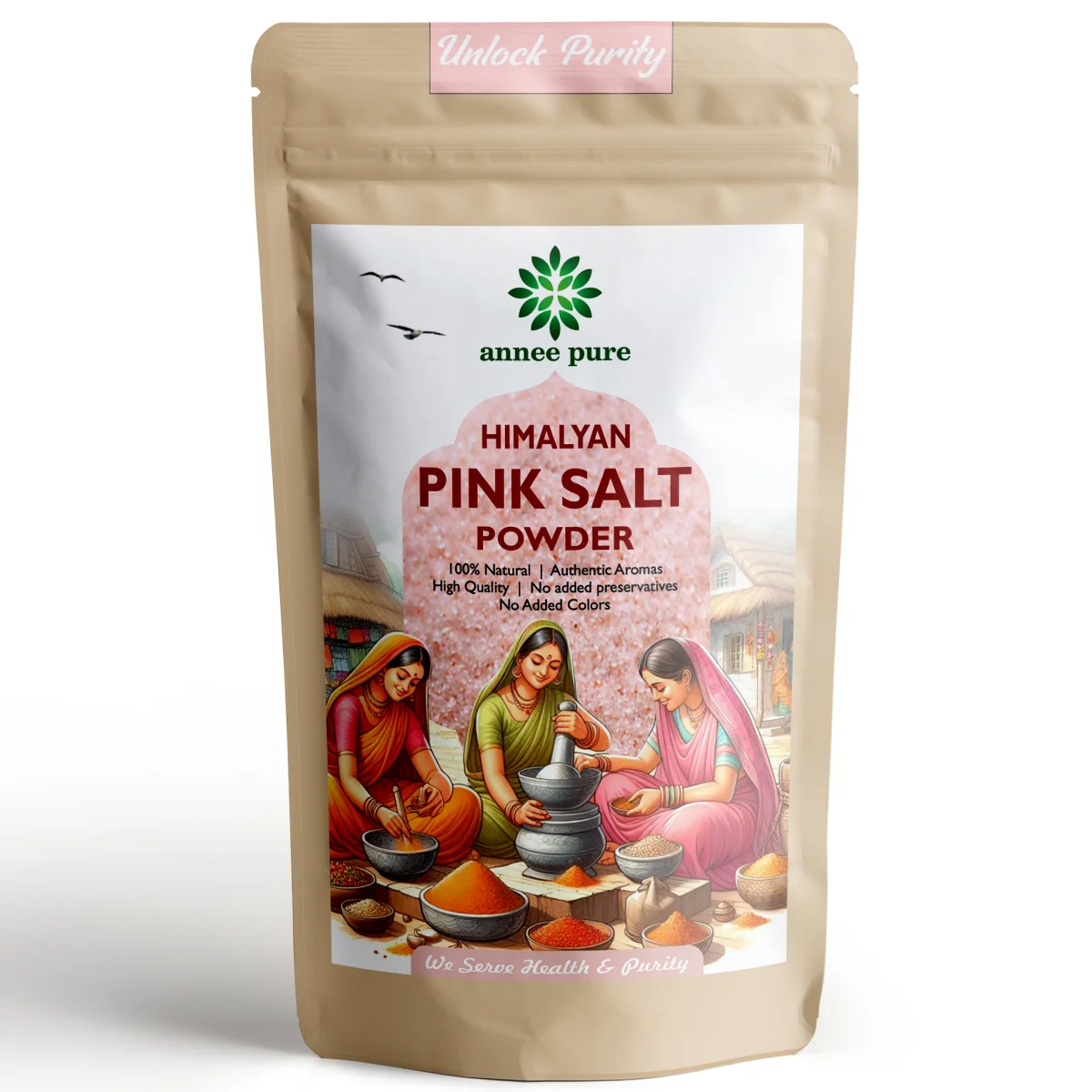
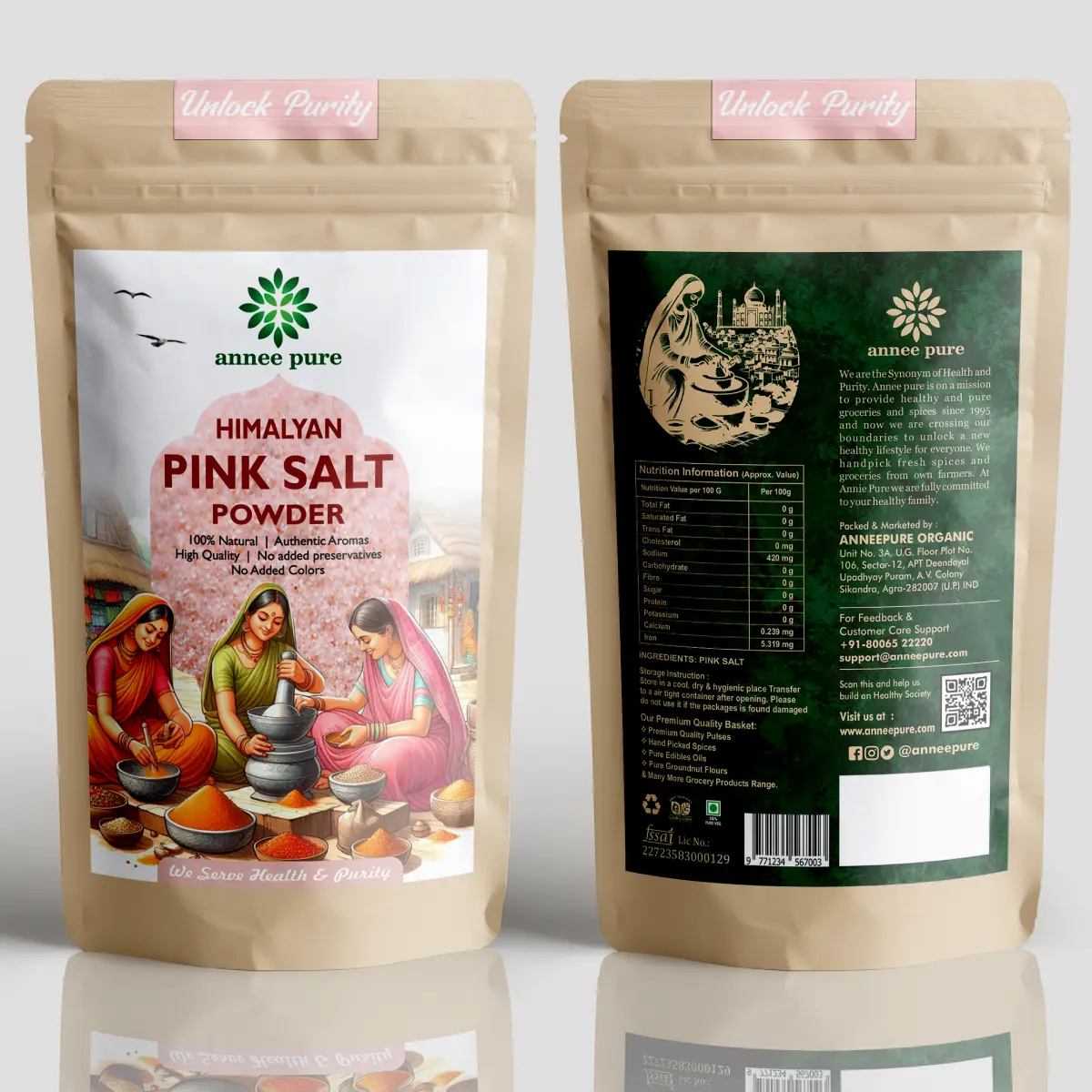
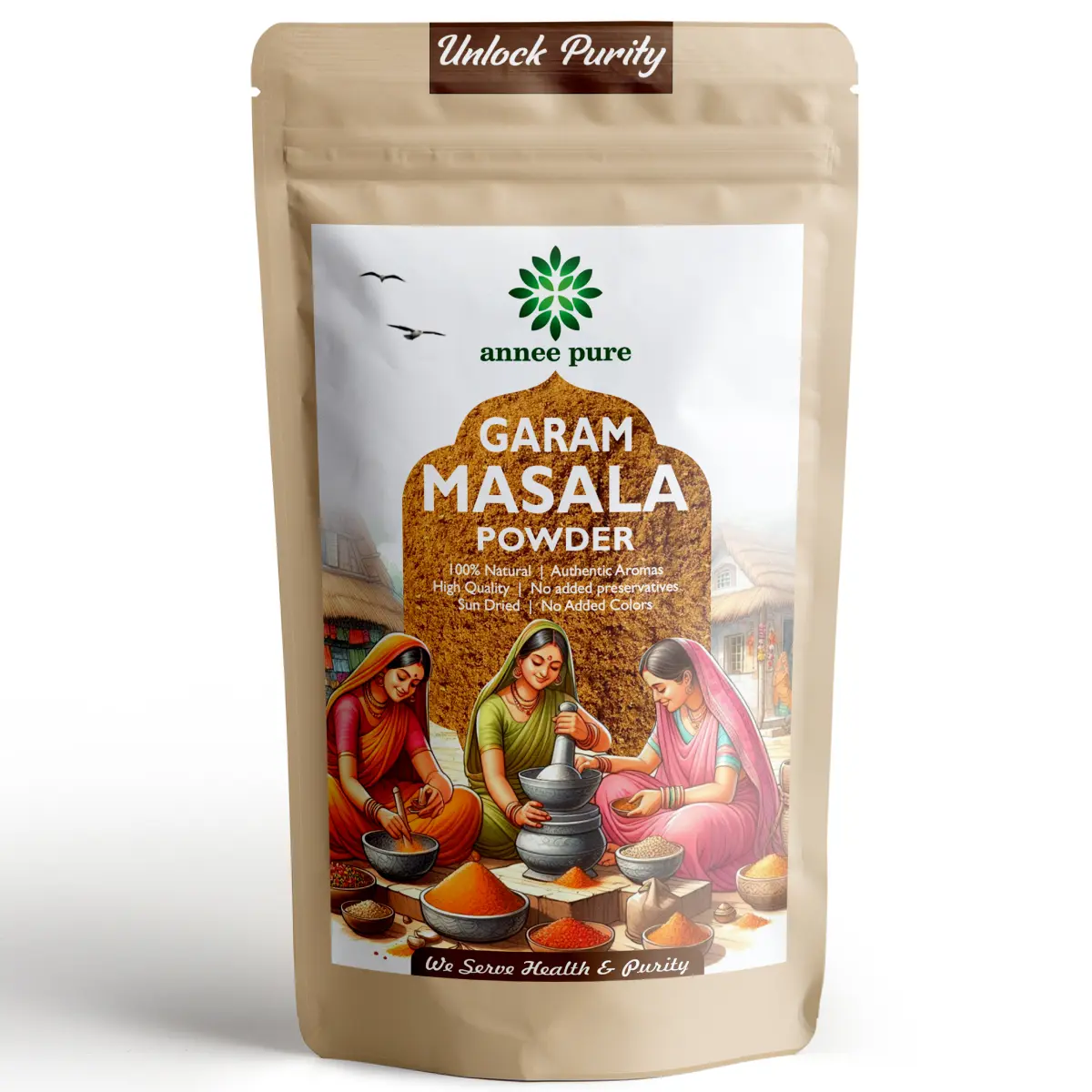
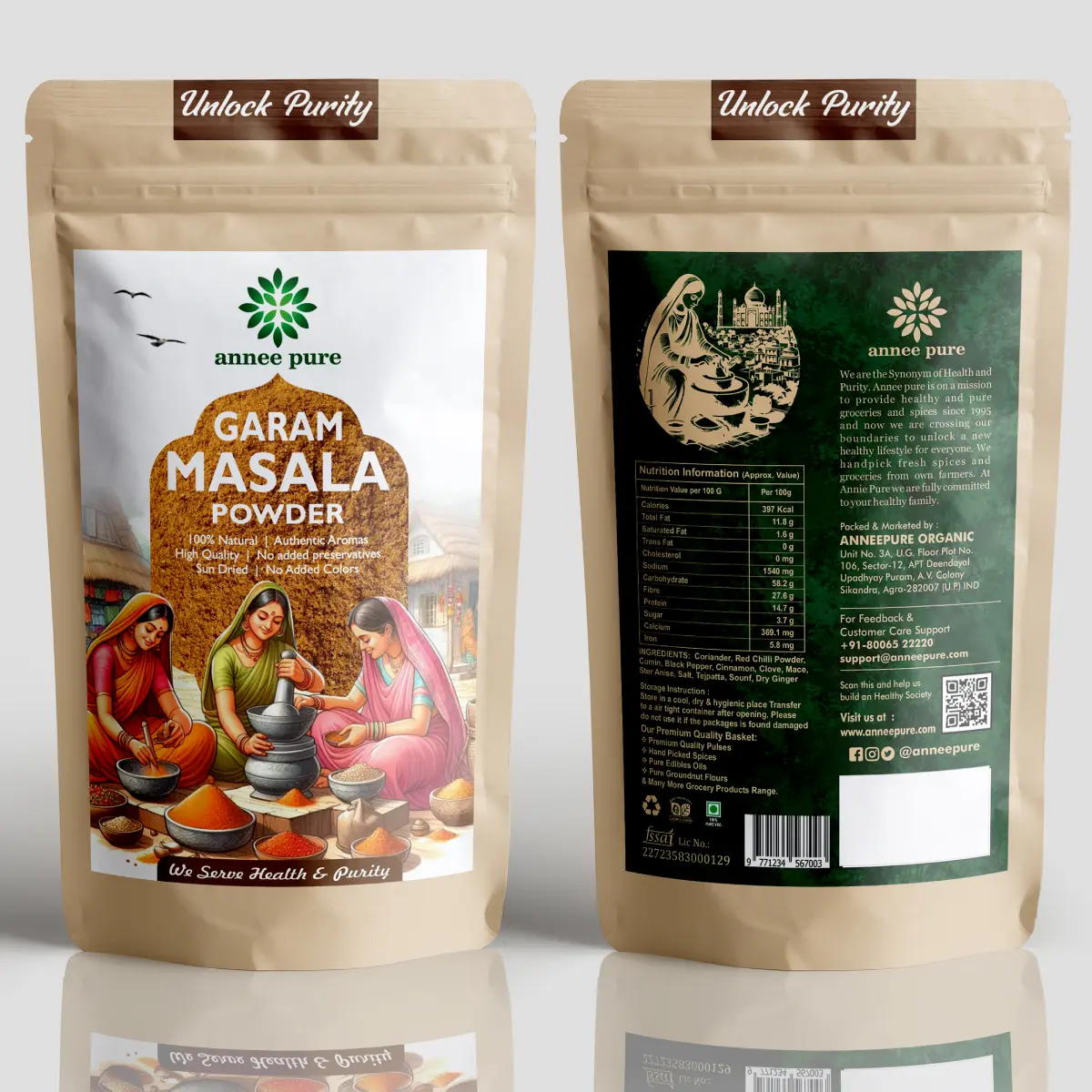
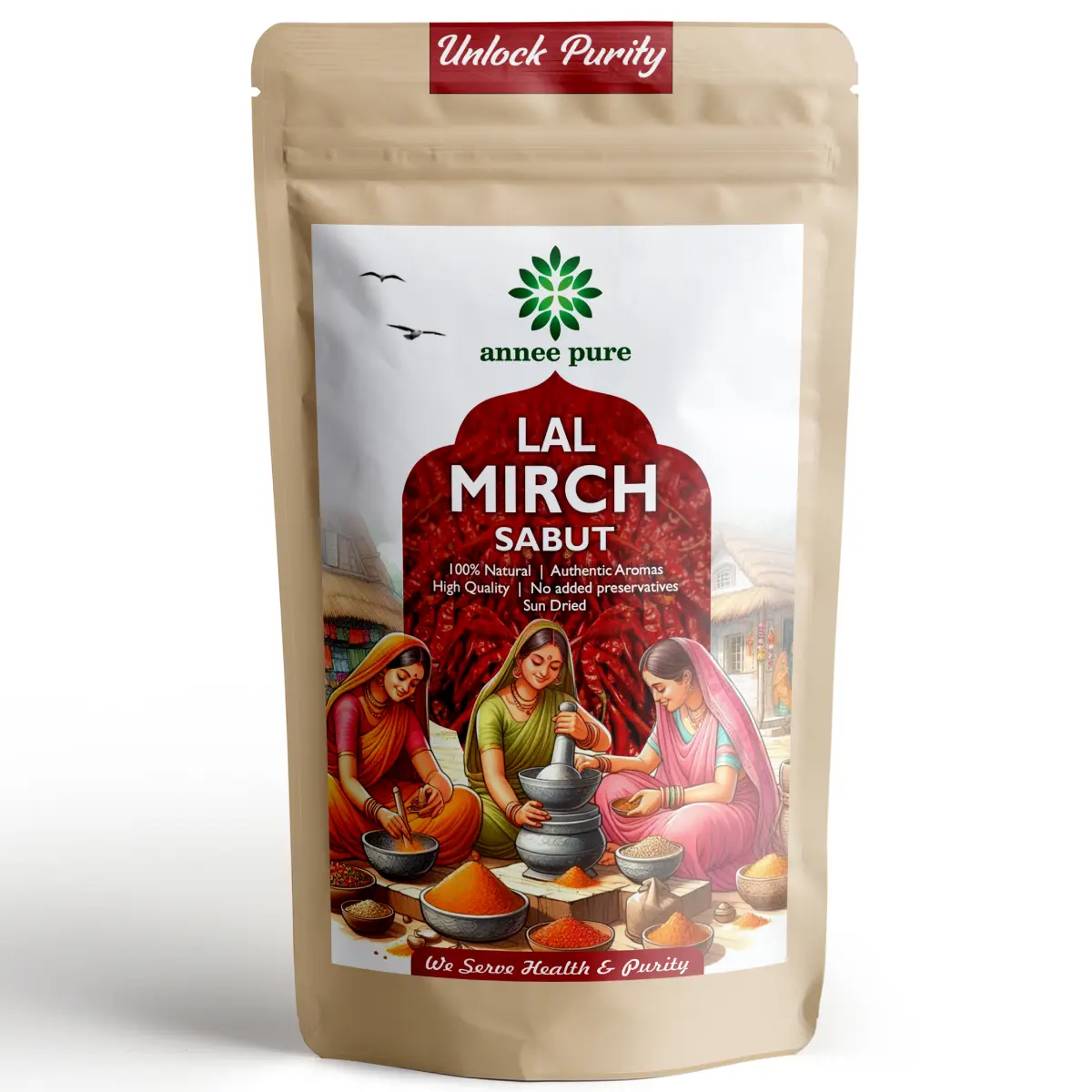
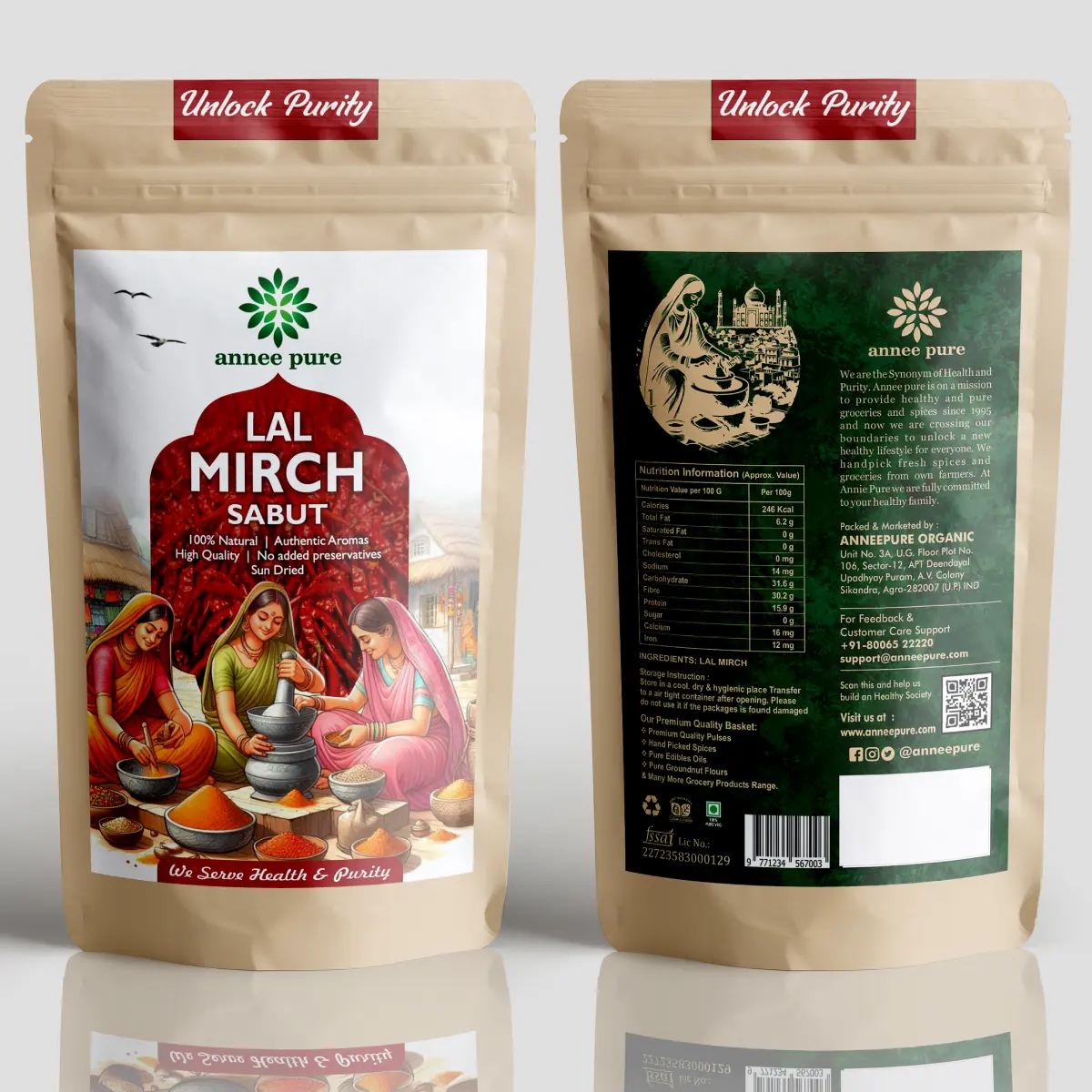
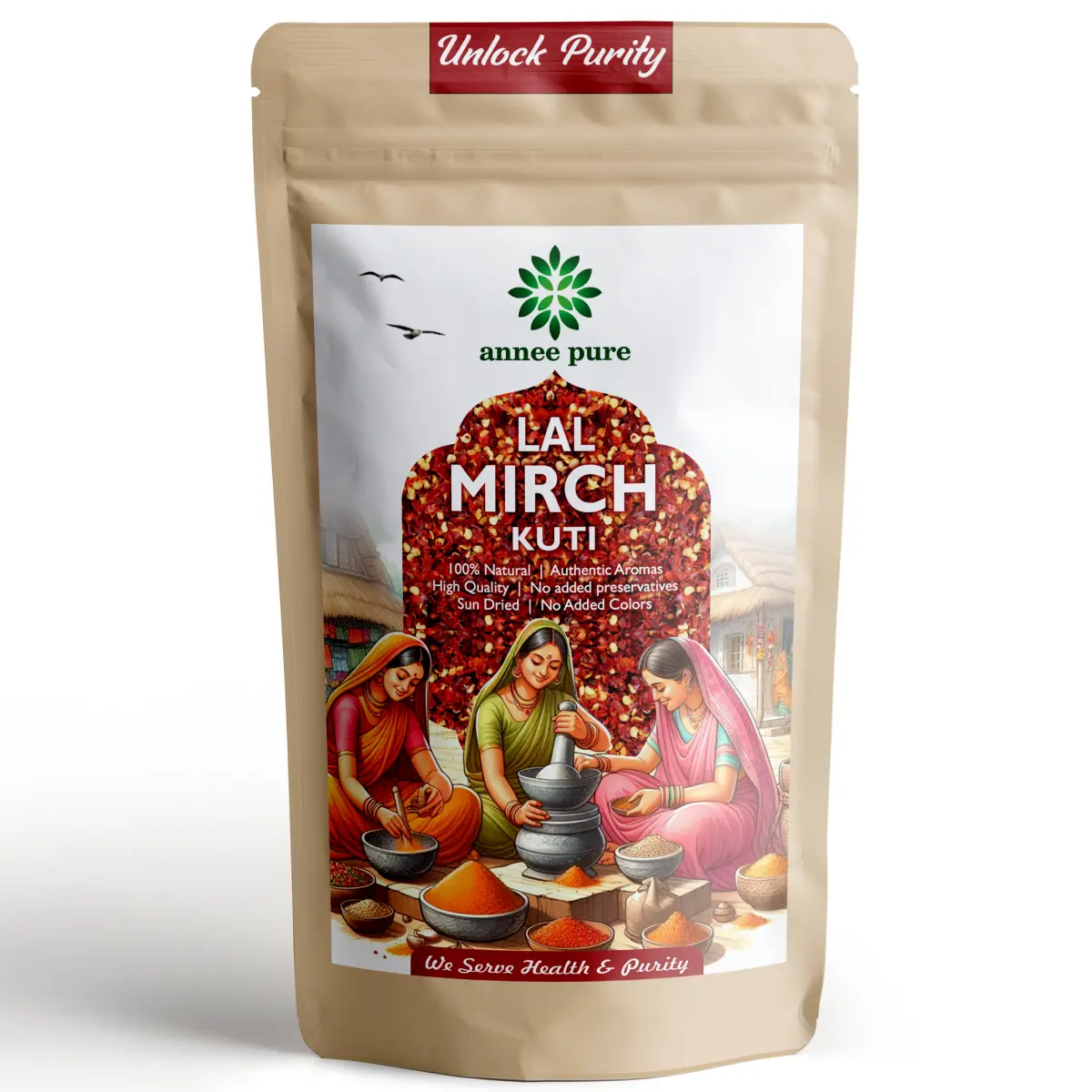
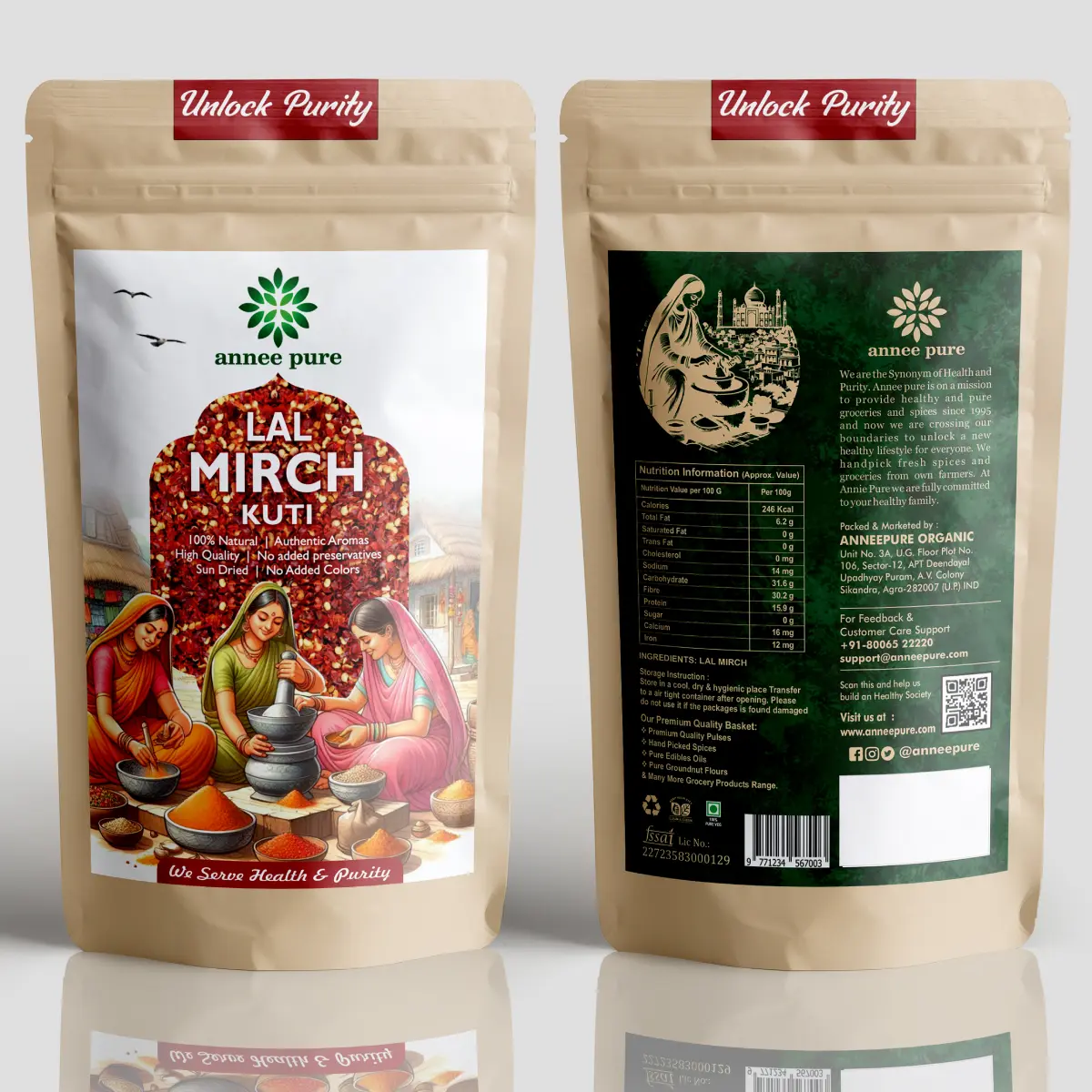
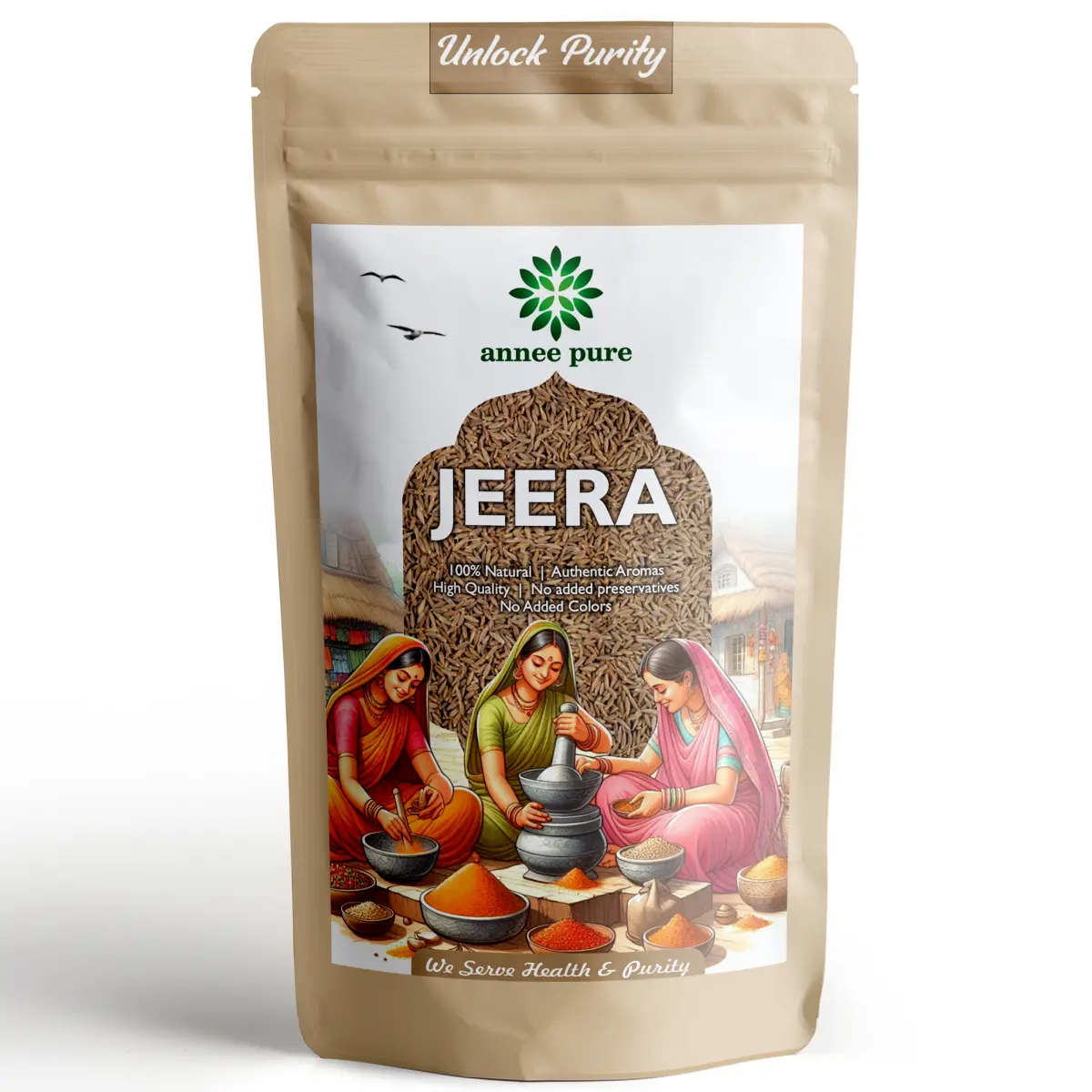
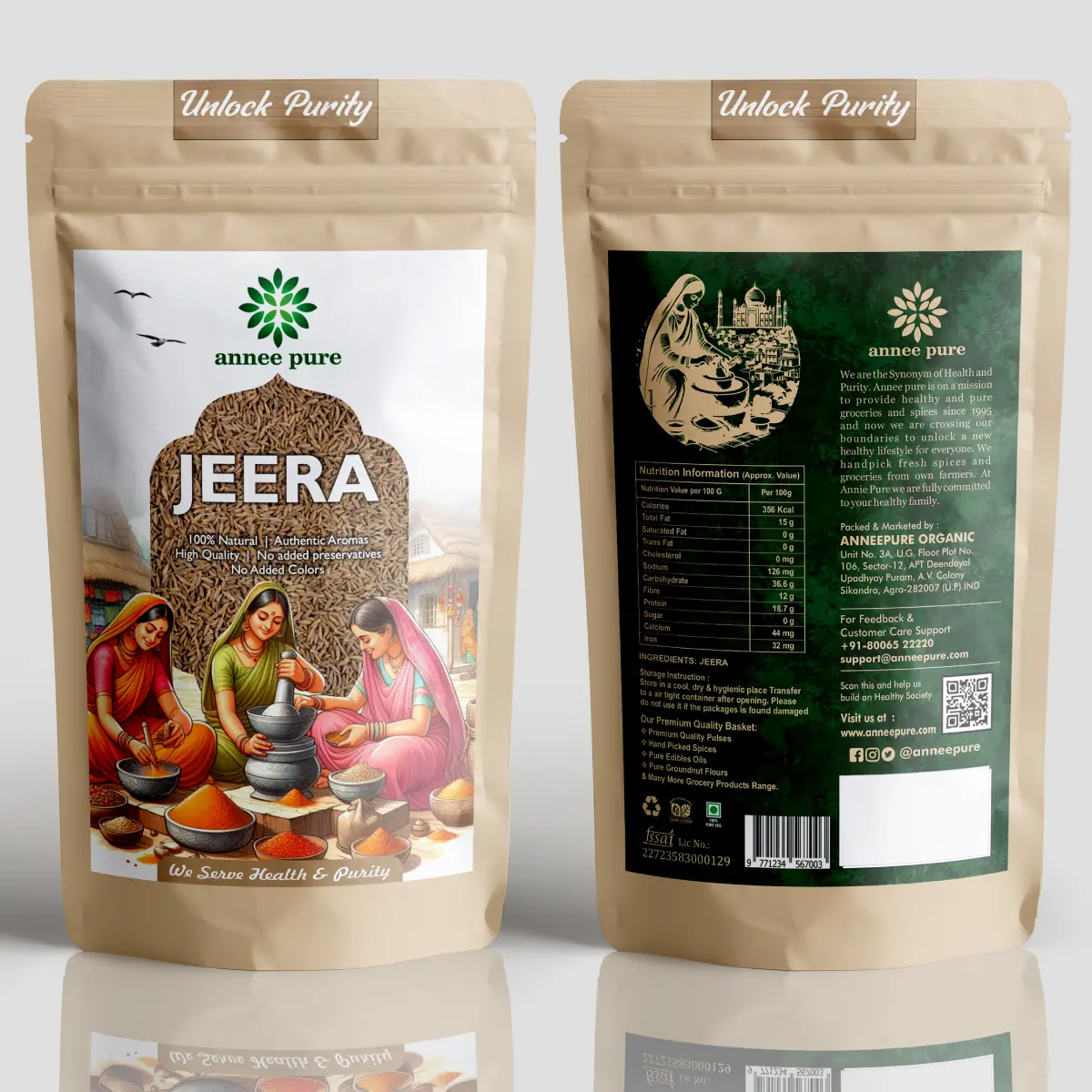
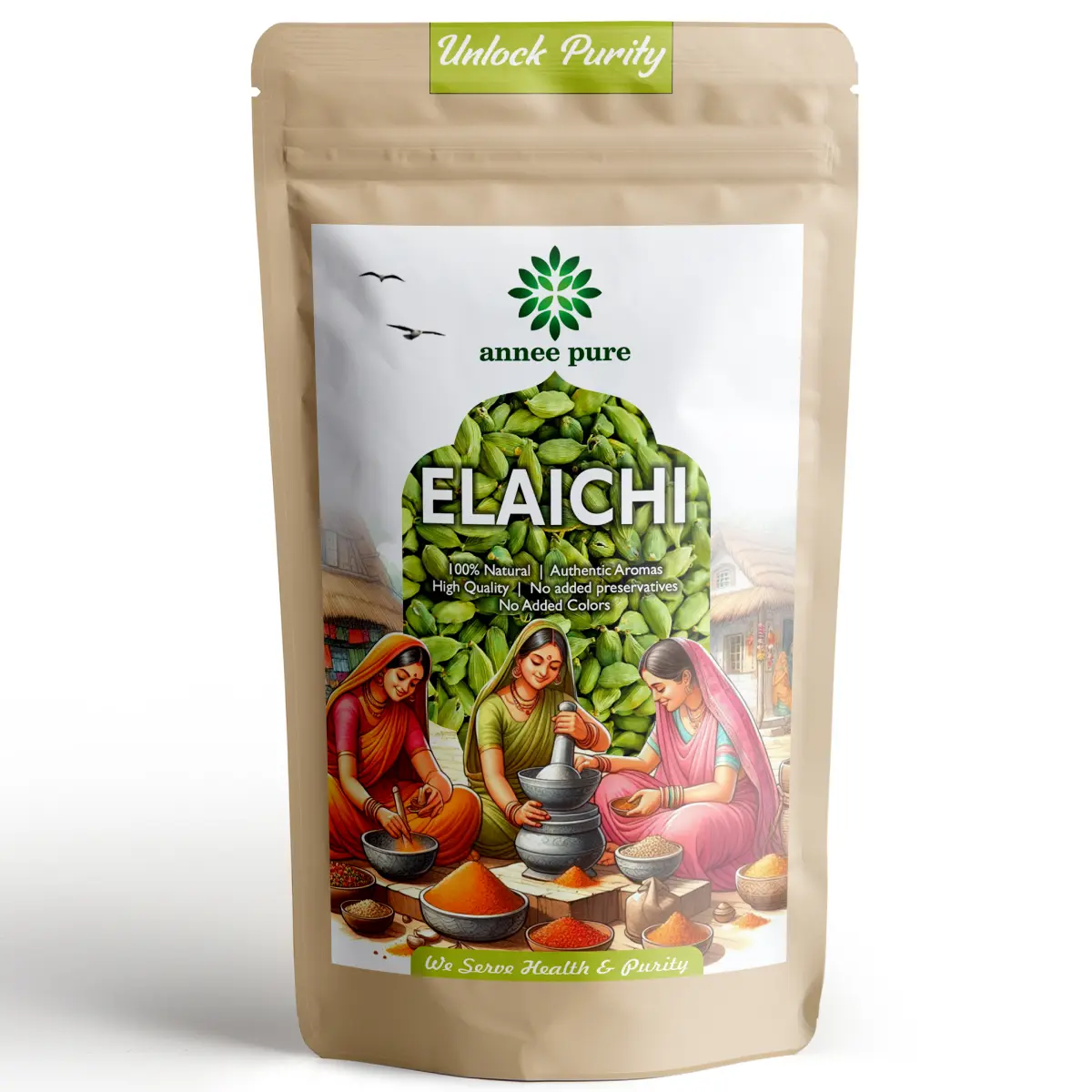
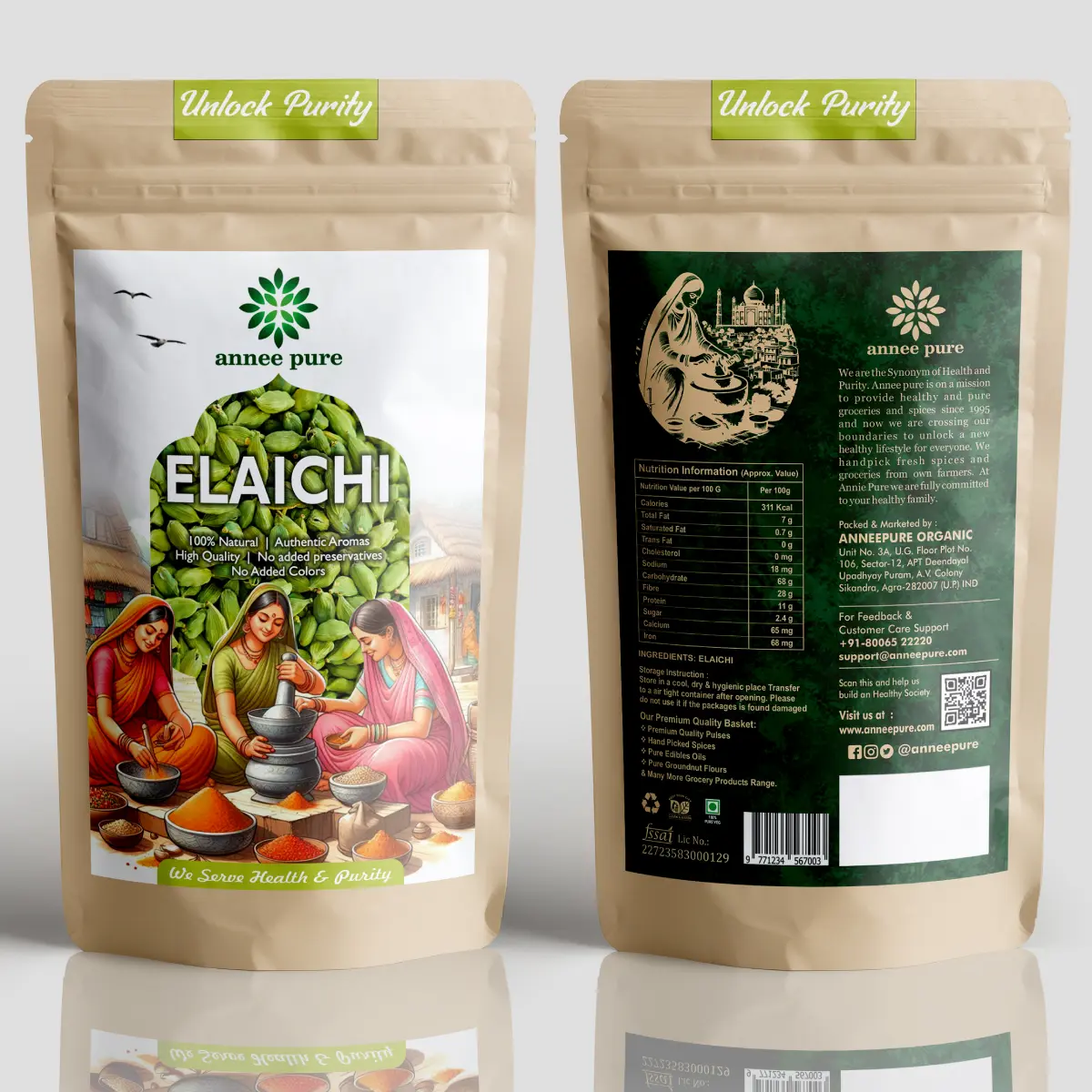
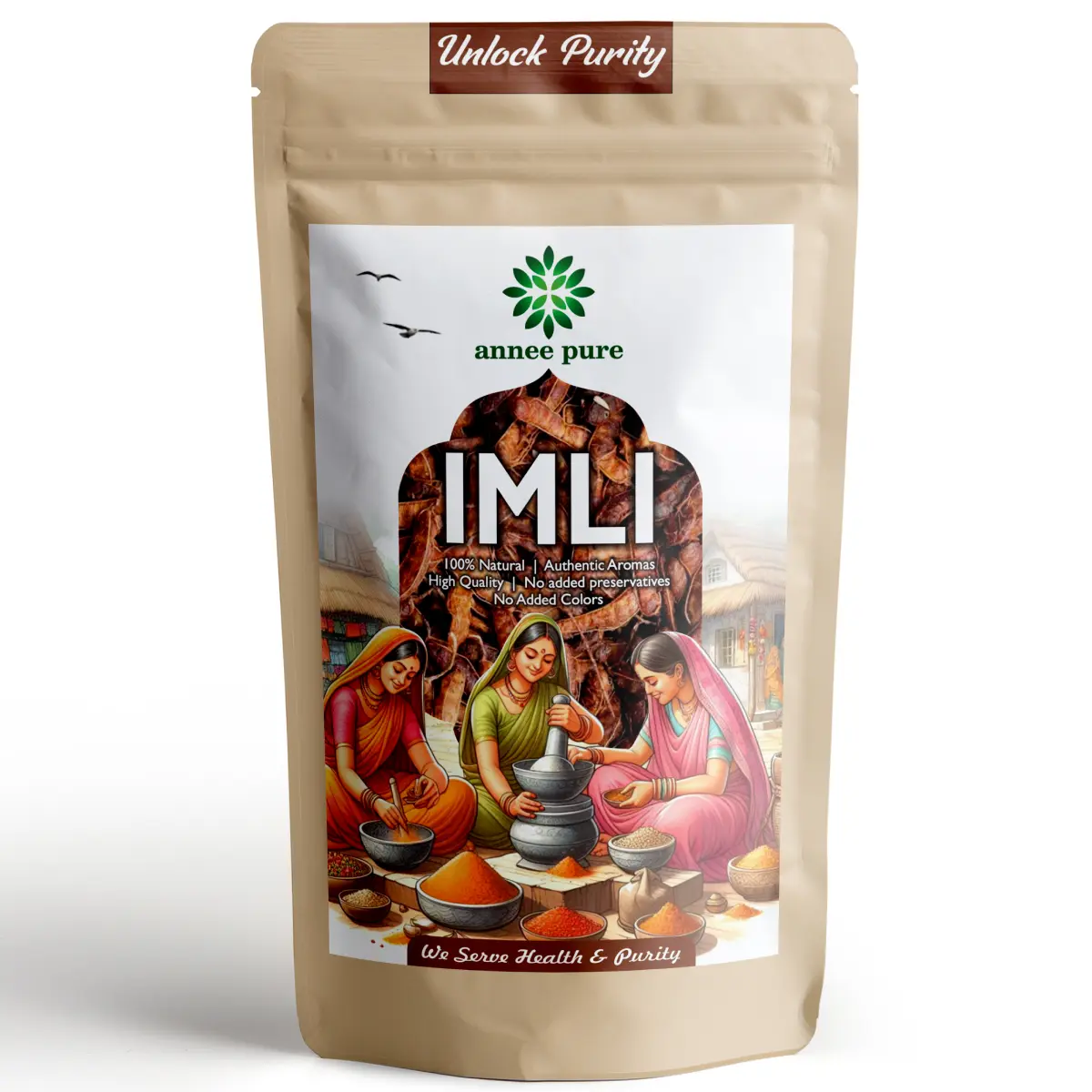


Reviews
There are no reviews yet.